A list of spells of enchantment here follows. Steal or tweak for your game set in Wilderland and the Wide World.
Abjure Undead
The wizard sings a song of rest and
reminds the undead of his true nature. The target undead spirit—be it wraith,
or grave wight, or vampire—must flee to their resting place as if they had failed
a Morale check. When they reach their resting place, or if they are already
dwelling there, this spell ceases to affect them.
Animate
Object
The wizard commands an object to
fulfill its intended purpose. A dagger stabs. A key unlocks. A pick digs. The
wizard gives a single word command to an object. The item then obeys the
command as if wielded by an invisible hand.
The GM interprets what the object does
based on the instruction given.
An item will only ever fulfill one task
per casting of this spell, no matter how many words are spoken in explanation.
A key will unlock either the door to the cell, or your manacles, or your
friend’s manacles, but never all three in the same casting. By this token, an
unattended weapon will only strike once per casting. The item will strike with
the wizard’s Attack value, in this instance.
This spell may be maintained by
concentration.
Empowered: If empowered, the wizard
gives a command to an object that consists of as many words equal to his Wisdom
modifier (minimum 1).
Charm
of Air
The wizard controls the flow of wind in
simple but significant ways. The wizard may:
·
Blow
out a candle or torch
·
Disperse
or isolate a dangerous gas
·
Cause
minor adjustments to the local weather i.e., diverting an afternoon rain
Empowered: An empowered charm of air creates even more meaningful
effects, per the GM’s discretion: it might be enough to power a sailing vessel
or blow a door off of its hinges.
Charm
of Earth
The wizard controls a substantive amount of earth in
simple but significant ways. The wizard may:
·
Lift,
push, or pull about 10 lbs. of stone or wood
·
Shape
a piece of unworked stone or wood as if you had craftsman’s tools
·
Shatter
a fist-sized hunk of stone or wood
·
Quickly
bury an object about the size of a chest
·
Raise
a small hill
·
Dig a
trench
Empowered: An empowered charm of earth creates even more
meaningful effects, per the GM’s discretion: it might be to create a navigable
tunnel through solid stone or to raise a meaningful length of stone wall.
Charm of Fire
The wizard controls a substantive amount of
fire in simple but significant ways. By channeling a fire mana, the wizard may:
·
Start
a fire as if he had flint and tinder
·
Cause
a fire to produce a huge amount of smoke
·
Extinguish
a torch or bonfire
Fire, even when woven with
magic, still must obey its basic nature: a wizard cannot start a fire on
“nothing,” it must have a fuel source to burn.
Empowered: An empowered charm of fire creates even more
meaningful effects, per the GM’s discretion: it might be possible to extinguish
a house fire or change the direction of a forest fire.
Charm of Water
The wizard controls a substantive amount of
water in simple but significant ways. The wizard may:
·
Raise
something that’s sunken but visible
·
Move
about a bucket’s worth of water
·
Dry
something that’s wet
·
Grant advantage
or disadvantage to tests related to swimming or sailing
·
Cause
the nearby water level to raise or lower by about a foot
Empowered: An empowered charm of water creates even more
meaningful effects, per the GM’s discretion: it might be possible to part a
lake Noah style or to capsize a ship.
Circle
of Protection
The wizard etches a mandala of
protection around himself. As preparation for casting, the wizard spends a turn
sketching out a circle of protective runes with the component. This circle
encompasses a radius of no more than 10 feet.
When the wizard incants this spell, he names
a type of creature. All creatures who share this category—be it specific name
(e.g., John), gender (men), race (goblins), or feature (born of woman)—may not
pass the circle.
Empowered: If the wizard traces the
circle but does not yet “cast” the spell, may trap a creature within through a
word of power.
Command
The wizard speaks a single word of
command. The target must try and obey the command, as long as it’s not outright
suicidal, until they complete it. Each turn, the target may attempt a Saving Throw.
If successful, the target shakes off the command.
Empowered: If empowered, the wizard may
speak two words of command.
Darklight
The wizard’s light is invisible to
others. A targeted light source will not go out while this spell is active.
Additionally, this light provides illumination only for the one holding it. The
light is not seen by any others nearby. This allows the wizard to move
stealthily even with perfect visibility.
This spell must be maintained with
concentration.
Empowered: If empowered, the wizard may
specify up to (Intelligence modifier) targets to also see in the light of the
targeted object.
Elemental Aegis
The wizard makes a sign of protection
against the world’s bite. The target of the spell becomes almost immune to
damage from one of the chosen elements.
If the target is protected against fire, they and their gear take no damage from heat or flames up to and
including a forge’s fire.
If the target is protected against water, they and their gear take no damage from cold or icy blasts.
If the target is protected against air, they do not need to breathe.
If the target is protected against earth, they do not suffer damage from falling.
This spell is maintained by
concentration.
Empowered: If cast empowered, the
wizard protects the target from two elements.
Entangle
The wizard calls forth thorns, stones,
or unseen hands to hold their foe. Until the target can pass a Saving Throw,
they cannot move from their current space.
Empowered: If empowered, this spell
targets a 10 x 10’ area.
Far Hand
The wizard moves objects without
touching them. This spell can lift an object within line of sight and move it
as if the wizard had his hand on it. This spell can only lift objects about as
heavy and as large as the wizard could lift one handed.
Empowered: If empowered, the wizard may
maintain this spell with concentration.
Flare
The wizard causes a torch to suddenly
blaze with light. Whoever’s holding the torch is blind until they can pass a
Saving Throw.
Blinded creatures treat every attack
like a surprise attack.
Empowered: If empowered, this spell can
target lights as large as a bonfire. If cast on a bonfire, everybody in the immediate area has a 50%
chance of becoming blind until they can pass a Saving Throw.
Giant
Size
The wizard becomes the size of a mountain
giant. The target triples in size. Their fists deal d6 damage. When making
Strength checks, treat their Strength as 20.
This spell may be maintained by
concentration.
Empowered: If cast empowered, the
target of the spell takes half damage from the weapons of puny humans.
Give
Voice
The wizard awakens silent things and talks
with them. This spell allows one thing the power of speech, even if it can’t
normally talk. This lets the wizard converse with a dead body, with trees, with
the stones of a castle, with a sword, etc.
The thing will converse with the
wizard, but is under no compunction to tell the truth or be helpful (check
Reaction as normal). The thing has a basic knowledge of events that happened
near it, or of actions that it took, translated through their unique
perspectives. For example, a sword might know if it killed someone, but doesn’t
remember what the victim looked like; however, it has a clear memory of the
weapon its victim wielded.
If cast on an inanimate object, the
thing speaks in the language of its owner or creator.
If cast on a corpse, it speaks in the
language it knew in life.
Plants have their own secret languages.
Test Intelligence to see if you speak the tongue of root and leaf.
Empowered: If cast empowered, the Reaction
check is made with advantage; the GM will choose the most advantageous
reaction.
Glamour
The wizard weaves glamours. The wizard
creates an illusion of any object or creature you wish. The illusion is merely
an image—a hologram—and has no weight or substance, creates no sound, no
smells, etc. Interacting with the
illusion reveals that it’s fake.
This spell is maintained with
concentration.
Guise
The wizard befuddles the mind. This
spell places an illusion on a target that makes it seem as if it is a
different, but similar, thing. For example, the wizard may pass another person
of their same race. A silver coin might seem like a gold coin. A letter from
your elderly aunt may seem like an official writ. Assuming the object is the
same basic shape, this illusion is not broken by interacting with the object.
This spell is maintained with
concentration.
Hate
The wizard plants seeds of hatred. The
target of this spell feels an intense feeling of hate toward a secondary
visible target that the wizard specifies, until the target can pass a Saving
Throw. While active, the primary target attempts to attack the secondary
target.
When this spell is over, all parties
become particularly aware of the spell’s influence on them.
This spell is maintained by
concentration.
Levitation
The wizard floats upwards, unshackled
by the earth. If cast on a creature, the creature may move upwards or downwards
through the air as if climbing a ladder. If cast on an object, it becomes all
but weightless. This spell may be maintained by concentration.
Empowered: The wizard may instantly
cast this spell, as long as he has the component on his person, via a word of
power. This may stop an unwanted fall, as the target gently floats earthward.
Lifespring
The wizard shelters the spirit of a
dying creature. This spell applies one of the following effects; apply the
first relevant effect in this list:
·
If
cast on a creature with 0 Blood who is not yet dead, the target restores 1
Blood and is considered stable.
·
If
cast on a creature who is stable but unconscious, the target becomes conscious.
·
If
cast on a poisoned creature, the target is cured of the poison.
·
If
cast on a diseased creature, the target is cured of the disease.
·
If
cast on a creature with at least 1 Blood, the target regains 1d6 Blood.
Empowered: If empowered, the wizard can
choose which of these effects to imbue—not just the first applicable one.
Lightning
Bolt
The wizard conjures up a blast of thunder
and lightning. The target takes 1d6 damage.
Empowered: If empowered, this spell
deals 2d4+Wis damage.
Love
The wizard charms the eyes of the
unwary. The target of this spell feels an intense feeling of love (ala charm) towards a secondary
visible target that the wizard specifies, until the target can pass a Saving
Throw. While active, the primary target wishes to express their love as
ardently as possible.
This spell may be maintained by
concentration.
When this spell is over, all parties
become particularly aware of the spell’s influence on them.
Magic Missile
The wizard asks if there is something
in his environment that’s flammable—some pinecone or acorn. If the GM says no,
the wizard has the option of pulling something from his pack to set ablaze and
throw.
The magic missile explodes on impact
and spreads fire in a 5’ radius. All creatures in this area may make a Dexterity
roll. If successful, they may move 5’ and avoid the blast. If unsuccessful, the
target catches on fire. Creatures on fire take 1d6 blood damage at the end of
their turn. They can spend their turn putting themselves out.
Malediction
If cast on a creature, they will suffer
a random curse effect—use the table below to find out which one. Wizards will
use this spell to bully others into completing quests or working their
will. This spell is maintained with
concentration.
- Dogs hate you. Any dog you meet automatically is going to try and
attack you and prioritize you over all other targets. Going into a city is a
nightmare.
- You’re afflicted with bad dreams. You have a 50% chance to regain
no blood or sweat from sleep due to your nightmares.
- Food has a 50% chance of becoming ash when you eat it. If this
happens, you waste that ration.
- You are doomed. All Saving Throw actions are made with disadvantage.
- You gain the desiccated look of an undead corpse. Most NPCs will
default as hostile towards you. Nobody wants to sleep with you. On the plus
side, most undead will ignore you.
- You’re cursed to speak in rhymes. Everything you say in-character
must rhyme.
- Your weapons rust and break easily. On an Attack roll or 1-3, your
weapon gains a Notch. Wooden weapons can suffer one Notch, iron weapons can
suffer two, and steel weapons can suffer three before breaking.
- You transform into a member of the opposite sex. It’s weird (but
maybe exciting?).
- Rats and other vermin begin to love you. They follow you around
everywhere. They want to sleep in your mouth. Every night, there is a 50%
chance they’ll relieve you of something in your pack that they know you don’t
want and replace it with garbage. Nice garbage.
- Every footstep you take rings an ethereal, unseen bell that
accompanies a voice that says, SHAME. Stealth is impossible.
- You grow sick and infirm. You are (regrettably) immune to effects
that would magically heal you.
- You grow old for the duration of the curse—like a withered crone.
You are ugly and unattractive. You cannot see more than 30’ in front of you
through your cataracts. You don’t go anywhere fast.
Empowered: If empowered, the curse will
stay with the target until the wizard dismisses it (which he can do at any
time) or it is counter-spelled. It is not maintained with concentration.
Part
the Veil
The wizard pulls down the veil between
the seen and the unseen. Everything within ten paces of the wizard are in the
same world. Spirits from the Unseen World are visible and tangible. Living
beings may likewise be interacted with by spirits.
However, outside of this small radius,
those covered by the enchantment seem as spirits. They are partially
transparent, which gives advantage to hiding tests. They are intangible, and
cannot be harmed by arrows or missiles.
This spell may be maintained with
concentration. The wizard cannot move from this area while the spell is
maintained.
Empowered: Spirits who enter the area
of the spell cannot leave until they pass a Saving Throw.
Pass Through Grave
The target of this spell is invisible
and unnoticed by the undead. This spell may be maintained by concentration.
Restoration
The wizard’s touch restores strength.
If the target has at least 1 Blood, the target regains 1d4 Sweat.
Empowered: If empowered, this spell
restores the target 1d6+Wis Sweat.
Seal
Pact
The wizard creates a magical contract. When
cast, the wizard magically seals a contract or oath made by two willing
parties.
If a party to the oath ever violates
the terms of the pact, two things happen: 1) all other parties of the oath are
immediately aware of the violation, and 2) the violator becomes doomed. This
means, at the absolutely most crucial moment in the future, the violator will
automatically suffer a critical failure when making a test.
Empowered: If empowered, this spell may
create a pact that includes more than two participants.
Second Sight
The wizard sees into the Unseen. Any
magical effect is immediately apparent as magical. Invisible creatures or
incorporeal things become visible. Any illusion seems as unreal as a painting
or fresco.
This spell may be maintained by
concentration.
Sleep
The wizard puts another into a magical
sleep. If not in a tense or dangerous situation, the target falls asleep and
can only be awoken with a sharp slap. If in a tense or dangerous situation
(like combat), the subject goes last in initiative and has disadvantage to
their Armor checks until they suffer a sharp slap (or worse damage).
Empowered: If empowered, a sleeping
target does not age, nor do they need to eat or drinks while asleep.
Turning
of the Seasons
The wizard chooses a different season
to visit on his immediate area.
·
If
spring is chosen, the air becomes cool and a light rain begins to fall. Plants
immediately bud and flower.
·
If
summer is chosen, the air becomes very hot and the skies become clear. Plants
immediately leaf and produce fruit.
·
If
autumn is chosen, the air becomes cool, the skies become misty, and an
obscuring fog raises in the area. Plants darken to their autumnal hues.
·
If
winter is chosen, the air becomes bitter cold and a heavy snow begins to fall.
Plants immediately become dormant.
The GM may adjudicate certain effects
on plant-based creatures based on the season chosen, e.g., sleep effects during
winter.
This spell is maintained by
concentration. Plant life returns to their normal state as soon as the spell
ends.
Empowered: This spell is not maintained
by concentration. Instead, the effects last until the sun crosses the horizon.
Visions of the Future
The wizard glimpses the weavings of
fate. The player may ask the GM, "If X happens, will Y happen?" The
GM will answer him honestly.
Empowered: If empowered, the wizard may
ask a follow up question.
Visions
of the Past
The wizard glimpses the weavings of
fate. The GM answers one yes or no question about a past event.
Empowered: If empowered, the wizard may
ask a follow up question.
Visions
of the Present
The wizard glimpses the weavings of
fate. The GM answers one yes or no question about a single extant person,
place, or thing.
Empowered: If empowered, the wizard may
ask a follow up question.
Werelight
The wizard binds a will o’ the wisp to
his service. A small light, providing a candle’s worth of illumination, is
conjured. The wisp will obey the wizard’s verbal requests, but is insubstantial
and easily dispelled. This spell is maintained by concentration.
Word
of Truth
The
wizard discerns truth from lies. While this spell is active, the wizard knows
if the target tells a knowing lie.
While
under the effect of the spell, the target knows that they are essentially
hooked up to a magical polygraph.
This
spell is maintained with concentration.
Sidebar: Magical Efficacy I like it when spells are successful. I think it's more interesting and more in keeping with the source material. In The Hobbit (and related fairy tales) you rarely see a spell just "not working" because of a monster's strength, will, or chutzpah. I find it more interesting when a spell works, but the target has the opportunity to overcome it. This makes spells a valuable resources that, in essence, create a stopwatch of effects during combat.
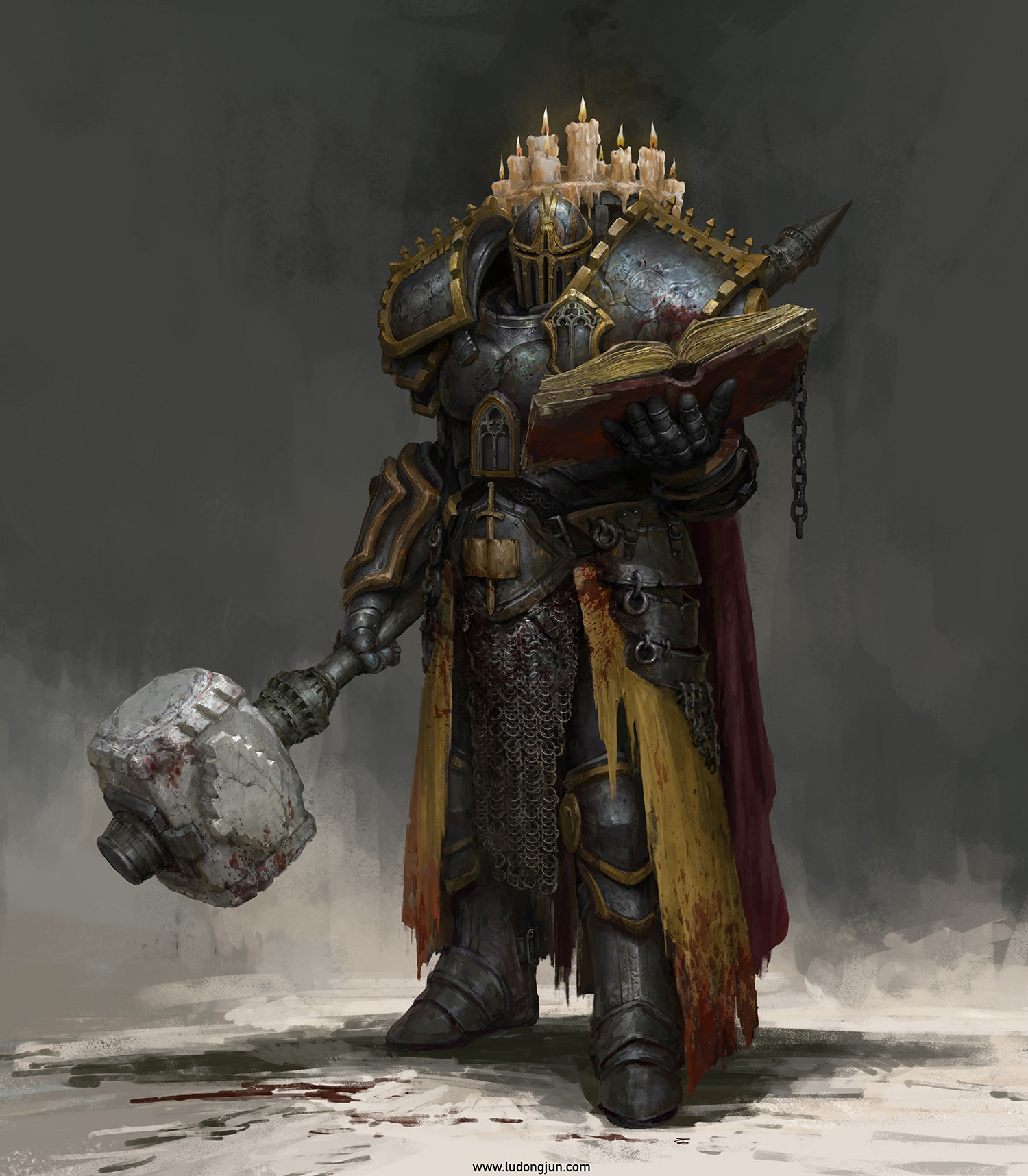
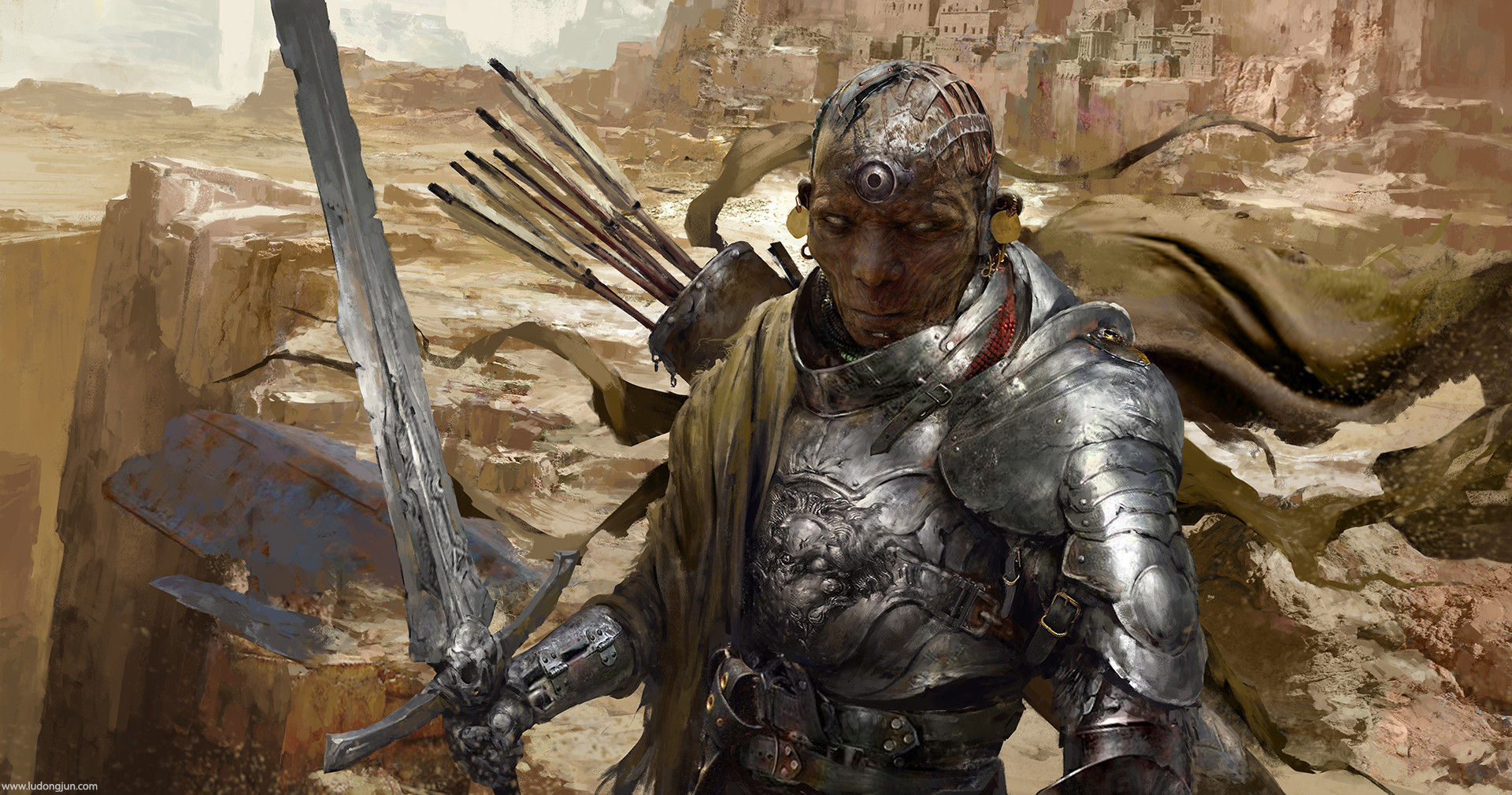
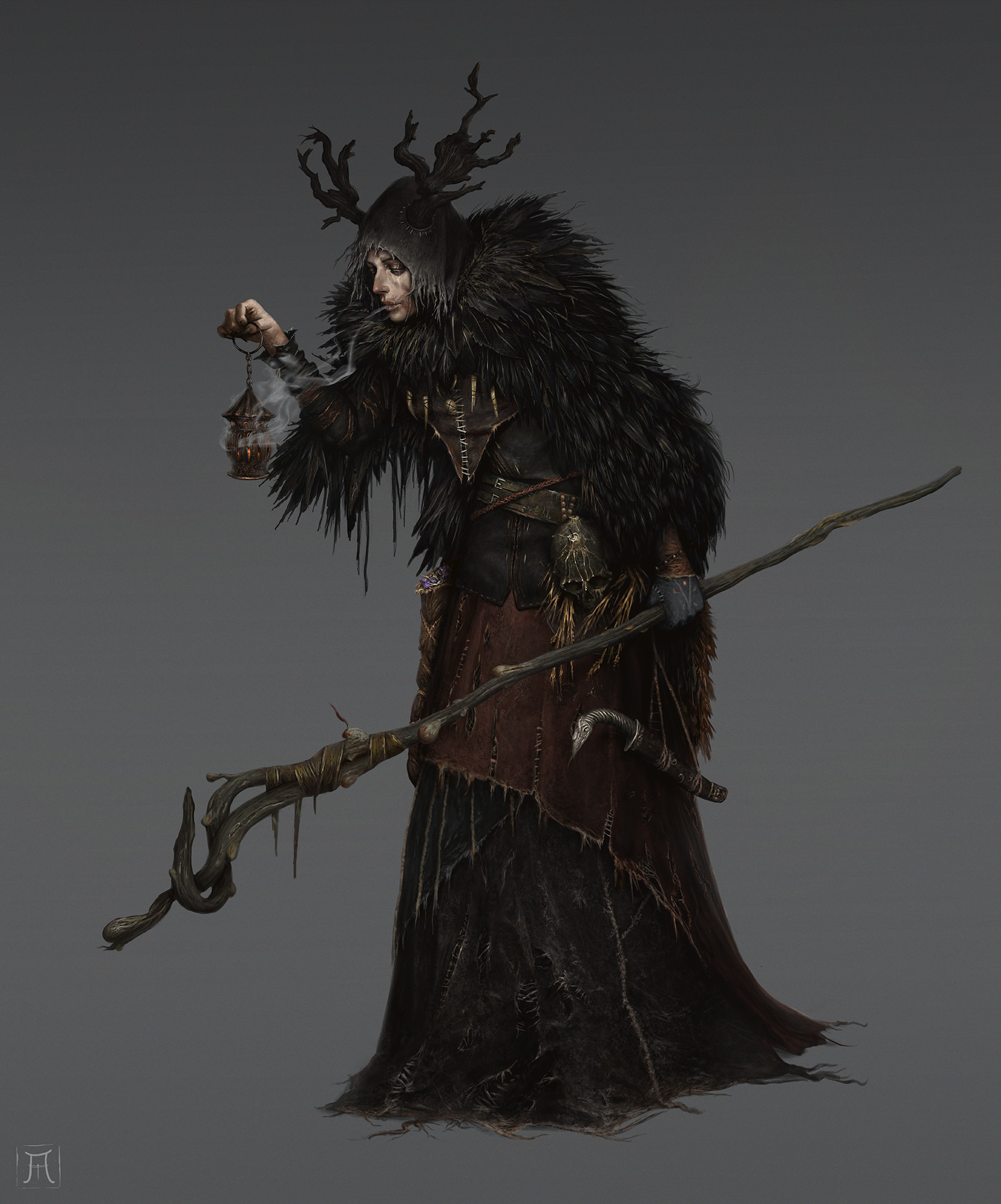
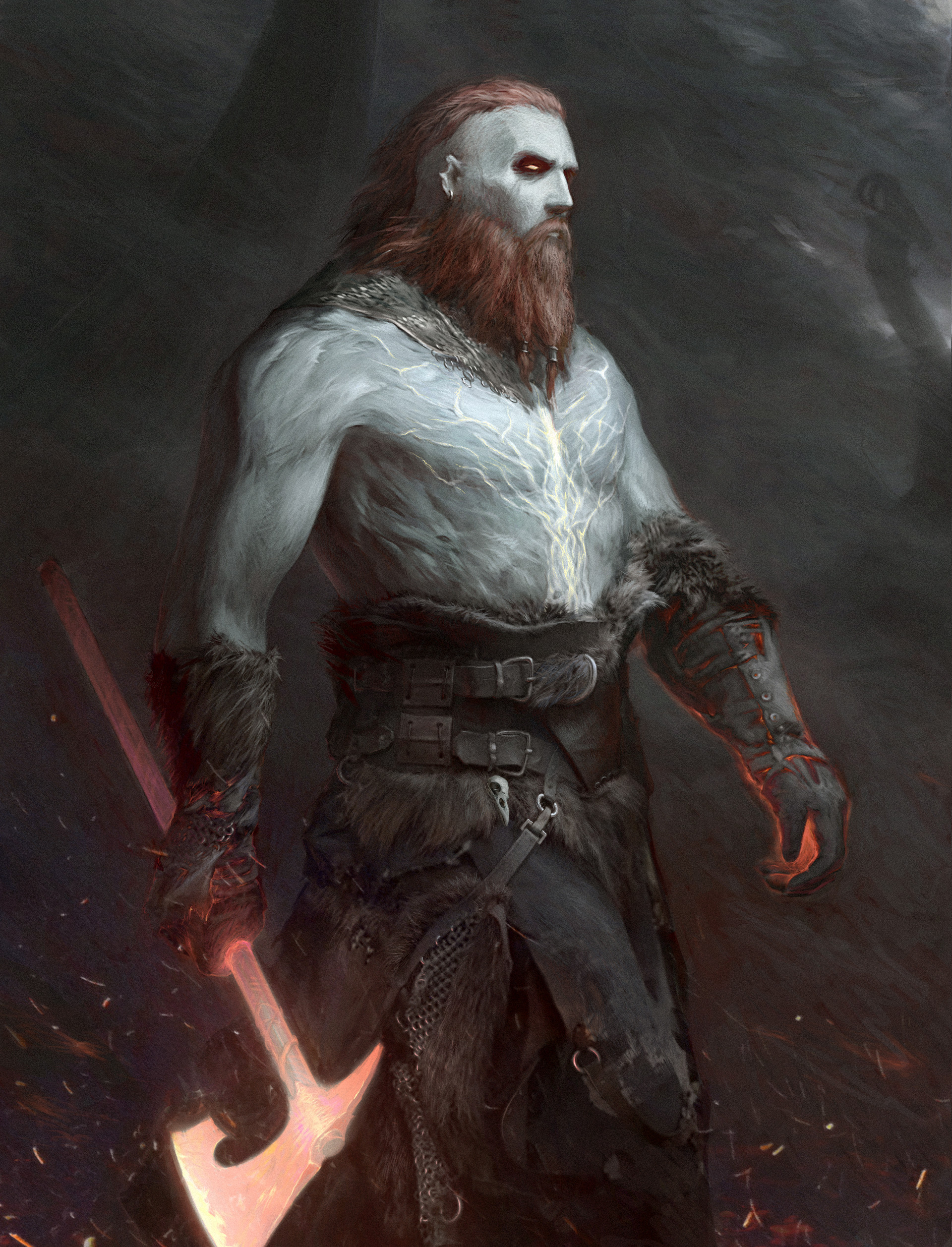
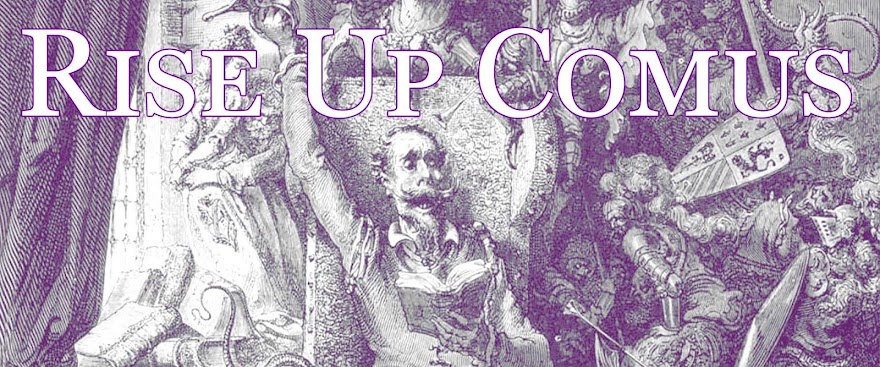






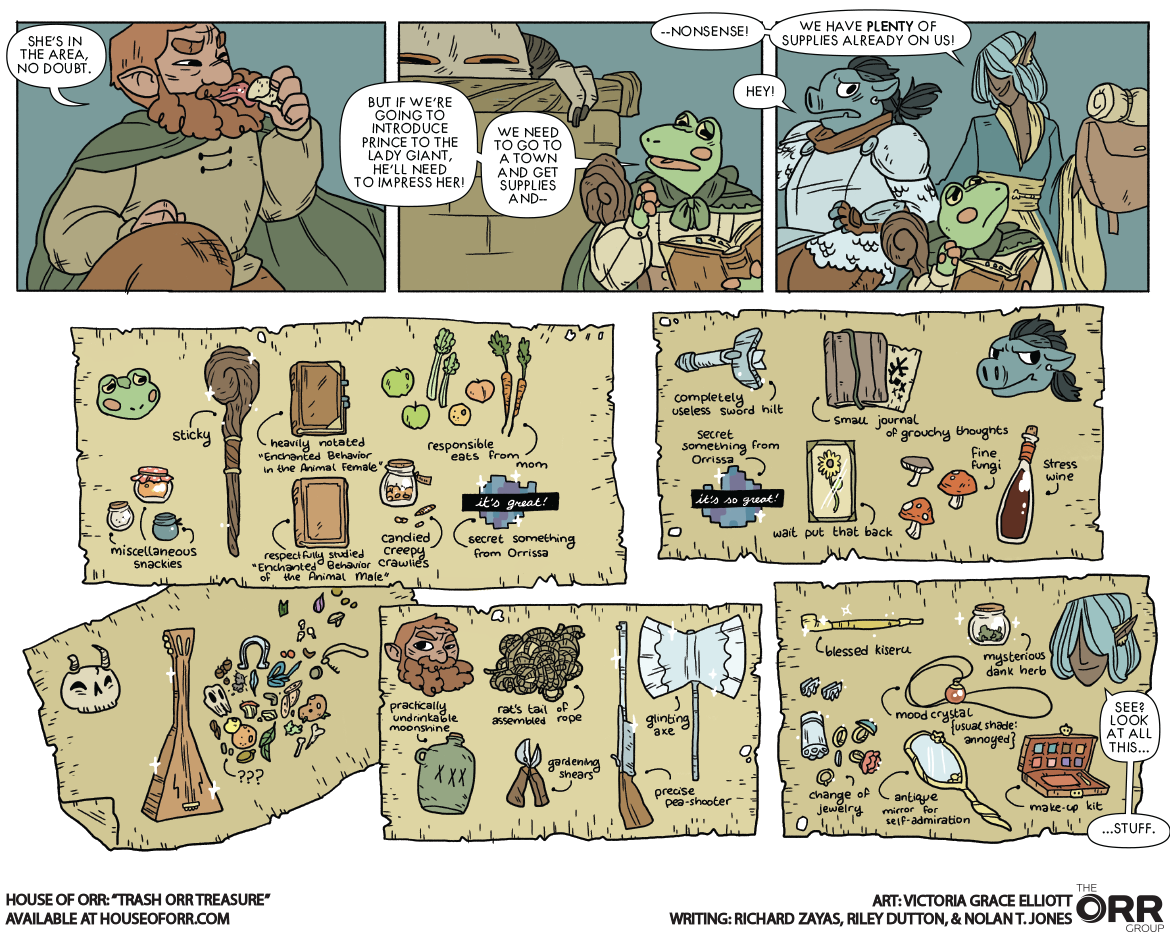
:format(jpeg):mode_rgb():quality(90)/discogs-images/R-2825654-1302747923.jpeg.jpg)